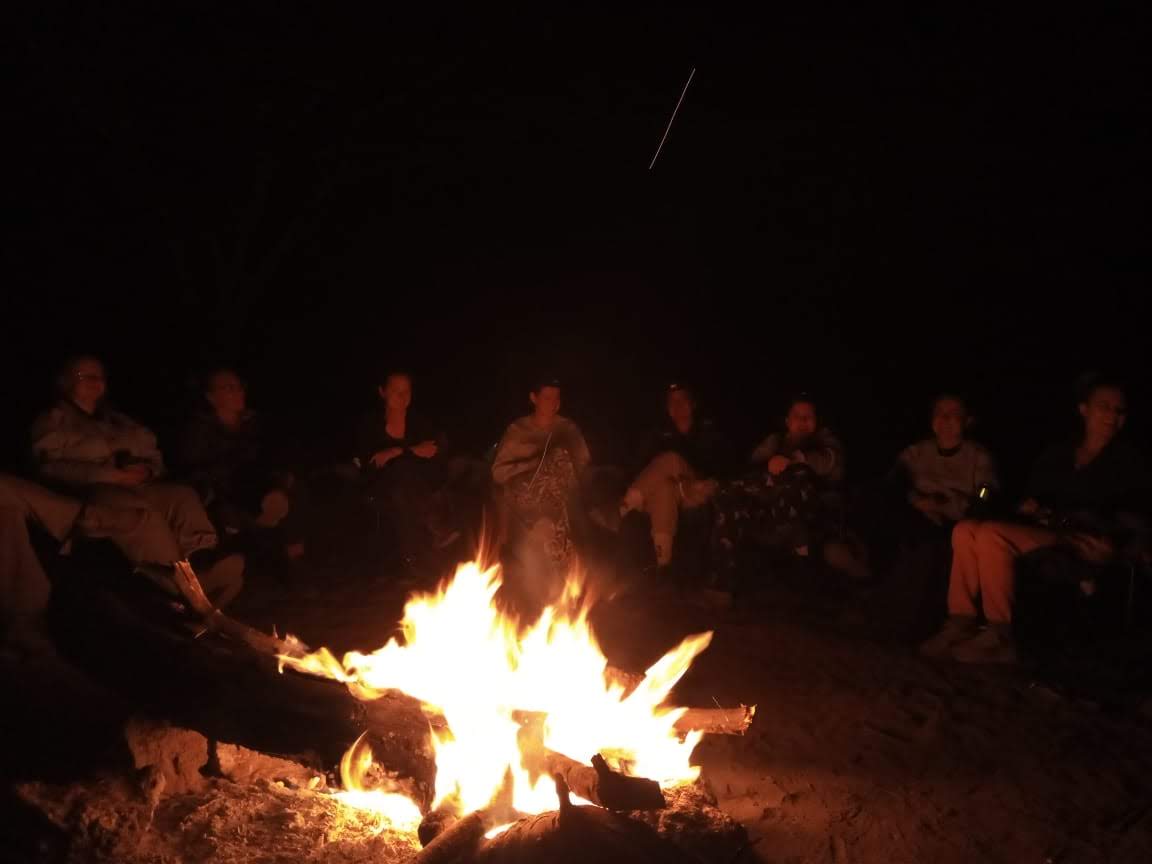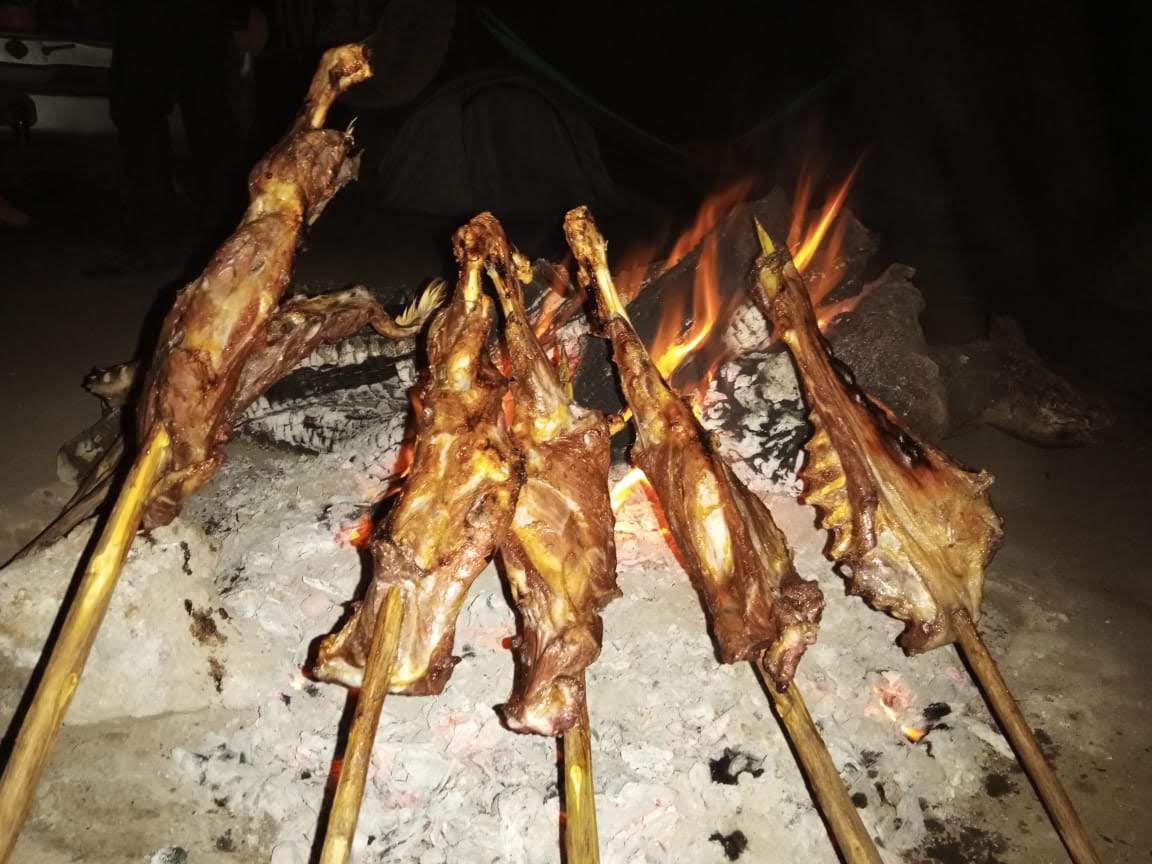Tourism
- Ewuaso-Suswa Conservancy
- Our Services
- Tourism
The Ewuaso-Suswa Wildlife Conservancy is embarking on a Tourism Development Project designed to leverage the region’s unique natural beauty and biodiversity to create sustainable tourism opportunities. This project aims to enhance the visitor experience while promoting conservation efforts and supporting the economic well-being of local communities. By developing eco-friendly tourism infrastructure, engaging in responsible tourism practices, and offering diverse experiences, the conservancy seeks to become a premier destination for nature and wildlife enthusiasts.
Our Objectives
Key Components
Eco-Friendly Infrastructure:
- Construct eco-lodges, campsites, and visitor centers using sustainable materials and green building practices.
- Develop renewable energy sources, such as solar power, to minimize the carbon footprint of tourism facilities.
- Implement waste management systems that promote recycling and reduce pollution.
Wildlife and Nature Tours:
- Offer guided wildlife safaris, bird watching tours, and nature walks led by trained local guides.
- Develop interpretive trails with informative signage about the local flora, fauna, and conservation efforts.
- Provide opportunities for visitors to participate in conservation activities, such as tree planting and wildlife monitoring.
Cultural Experiences:
- Integrate cultural tourism elements, such as visits to local villages, traditional dance performances, and artisan workshops.
- Offer homestays and cultural exchange programs to provide authentic cultural experiences and support local families.
Educational Programs:
- Establish educational programs and workshops for schools, universities, and special interest groups.
- Create interpretive exhibits and interactive displays at visitor centers to educate tourists about the region’s ecosystems and conservation challenges.
Marketing and Promotion:
- Develop marketing strategies to promote Ewuaso-Suswa as a top eco-tourism destination, both locally and internationally.
- Collaborate with travel agencies, tour operators, and online platforms to reach a wider audience.
- Highlight unique selling points, such as the conservancy’s conservation efforts, cultural heritage, and diverse wildlife.
Expected Outcomes
- Increased Tourism Revenue: Sustainable tourism will generate significant income, contributing to the conservancy’s financial sustainability and supporting local economies.
- Job Creation: Tourism development will create employment opportunities for local residents in areas such as guiding, hospitality, and crafts.
- Enhanced Conservation Efforts: Revenue from tourism will fund ongoing conservation projects and habitat restoration efforts.
- Greater Awareness and Education: Visitors will leave with a deeper understanding of conservation issues and the importance of preserving natural habitats.
- Improved Quality of Life: Local communities will benefit from improved infrastructure, increased income, and greater involvement in conservation and tourism activities.
The Tourism Development Project at Ewuaso-Suswa Wildlife Conservancy aims to create a sustainable tourism model that benefits both the environment and local communities. By focusing on eco-friendly infrastructure, diverse visitor experiences, and community engagement, the conservancy seeks to establish itself as a leading destination for eco-tourism. This initiative will not only enhance the visitor experience but also contribute to the long-term preservation of the region’s unique wildlife and cultural heritage.




